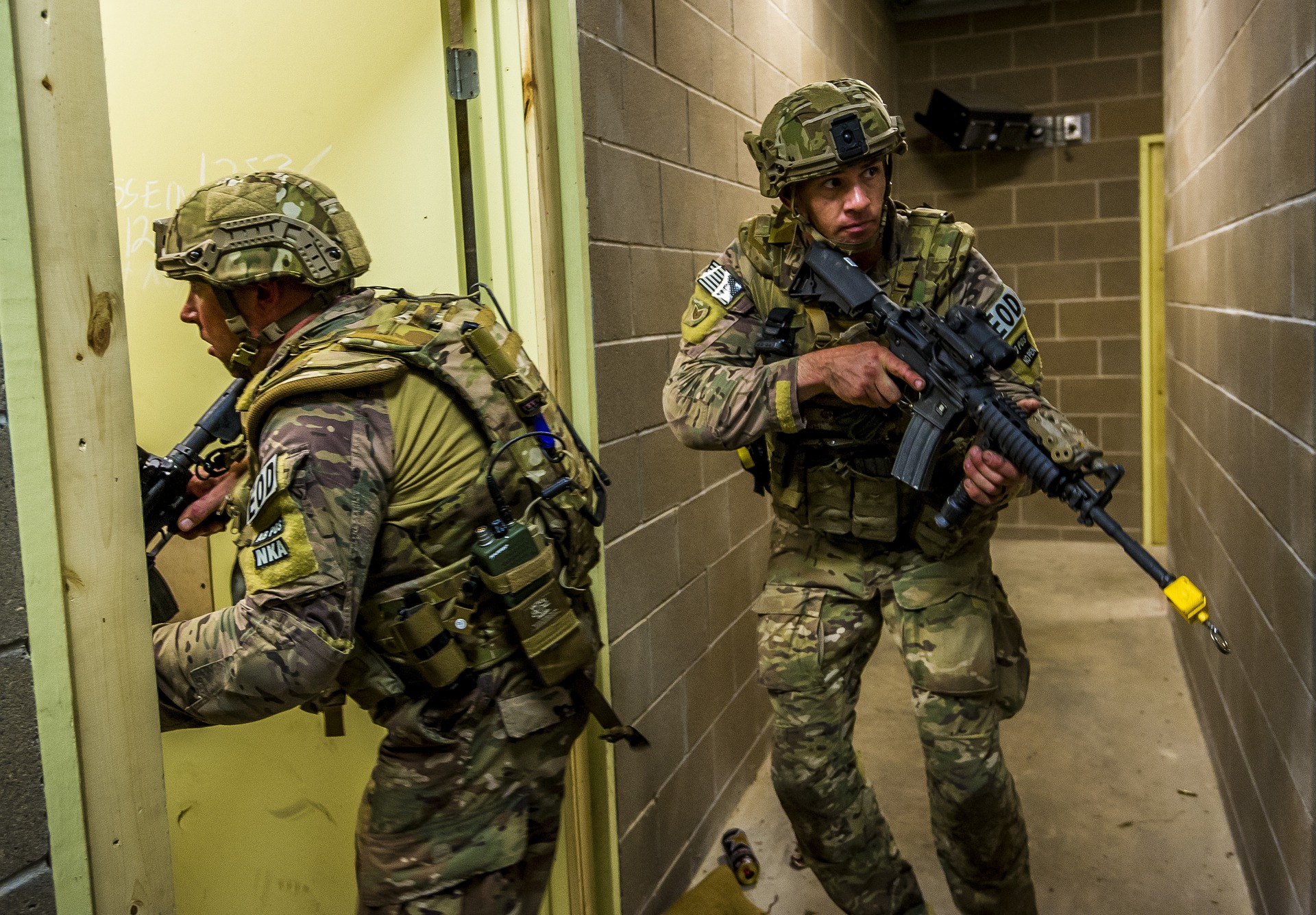Morgan et al (2000)
 Developmental psychologists are interested in the role of trauma and deprivation on development. One of the key questions is why do some people bounce back and some never recover? There have been many studies that have looked at social and cognitive factors, but now researchers are also interested in biological factors in resilience.
Developmental psychologists are interested in the role of trauma and deprivation on development. One of the key questions is why do some people bounce back and some never recover? There have been many studies that have looked at social and cognitive factors, but now researchers are also interested in biological factors in resilience.
The following study looks at the role of a neuropeptide in resilience. The study could be used for answering questions on resilience, but also on the brain and behaviour, research methodology in biology, PTSD or ethical considerations.
Although most people recover from trauma and deprivation, some do not. One of the possible explanations for that is biological. One of the most significant areas of research today is neuropeptide Y [NPY], which acts as a neurotransmitter in the brain. It is present in high concentrations in the amygdala. It is thought to have many functions: increasing food intake, reducing anxiety and stress, reducing pain perception, affecting the circadian rhythm and controlling epileptic seizures. The neurotransmitter is released as part of the body's response to stress and works together with the amygdala, prefrontal cortex, hippocampus and brainstem to turn off the stress response.
Animal models have been used to study the role of NPY in resilience. Sjdyk et al (2008) carried out an experiment where a rat was kept in a tight-fitting plastic pouch for 30 minutes and then released back into a cage with other rats. The anxiety response caused by the restraint caused the rat to not interact with the other rats for 90 minutes. When rats were injected with NPY before being restrained, they interacted with the other rats normally.
In the study of humans, researchers (Mickey et al, 2010) have found that people whose genes predispose them to produce lower levels of neuropeptide Y are more responsive to negative stimuli in key brain circuits related to emotion -- and are therefore less resilient in the face of stress and may be at higher risk for developing a major depressive disorder.
One of the core reasons for the surge in resilience research has been the study of why some military personnel experience severe post-traumatic stress symptoms as a result of combat situations, while others do not. It would be in the military's interest to find out if there is a way to predict which soldiers would be less resilient and to determine if there is a way to increase one's level of resilience to make them more "combat ready."
Morgan et al (2000) carried out a study of healthy US Army soldiers who participated in a survival course designed to simulate the conditions endured by prisoners of war, such as food and sleep deprivation, isolation and intense interrogations.
The sample consisted of 70 participants. Participants either took part if the survival training (n = 49) or in a Prison of War experience (n = 21).
Levels of NPY were assessed prior to the start of training, and then again 24 hours after the conclusion of either the survival training or the Prison of War experience.
The researchers found that NPY levels went up in the soldiers' blood within hours of the interrogations. They found a correlation between the soldiers' responses to the experience and their level of NPY. Those soldiers who responded more negatively to the training experience were those with lower levels of NPY.
The study was an analogue observation - not a naturalistic observation. This allowed researchers to simulate the realities of combat without actually being in live combat. This is a viable alternative, but it could be criticized for lacking some of the emotional realities of true combat. In that sense, the findings may not reflect what happens in actual combat.
The study was observational and thus correlational in nature. Although cause and effect can be implied, it cannot be definitively determined. Simply arguing that NPY leads to resilience is a reductionist approach. It is more likely that there is a chain of factors that may lead to resilience.
More importantly, soldiers voluntarily do their job. There is a sampling bias in that these men could potentially have personality and/or physical traits that may explain their level of resilience.
Combat is only one type of trauma. It may not be possible to generalize the findings to all types of trauma. In addition, since adults were studied, the findings may not be generalizable to children who are at a different stage of development.
Mickey, B. J., Z. Zhou, M. M. Heitzeg, E. Heinz, C. A. Hodgkinson, D. T. Hsu, S. A. Langenecker, T. M. Love, M. Pecina, T. Shafir, C. S. Stohler, D. Goldman, J.-K. Zubieta. Emotion Processing, Major Depression, and Functional Genetic Variation of Neuropeptide Y. Archives of General Psychiatry, 2011; 68 (2): 158 DOI: 10.1001/archgenpsychiatry.2010.197

 IB Docs (2) Team
IB Docs (2) Team
